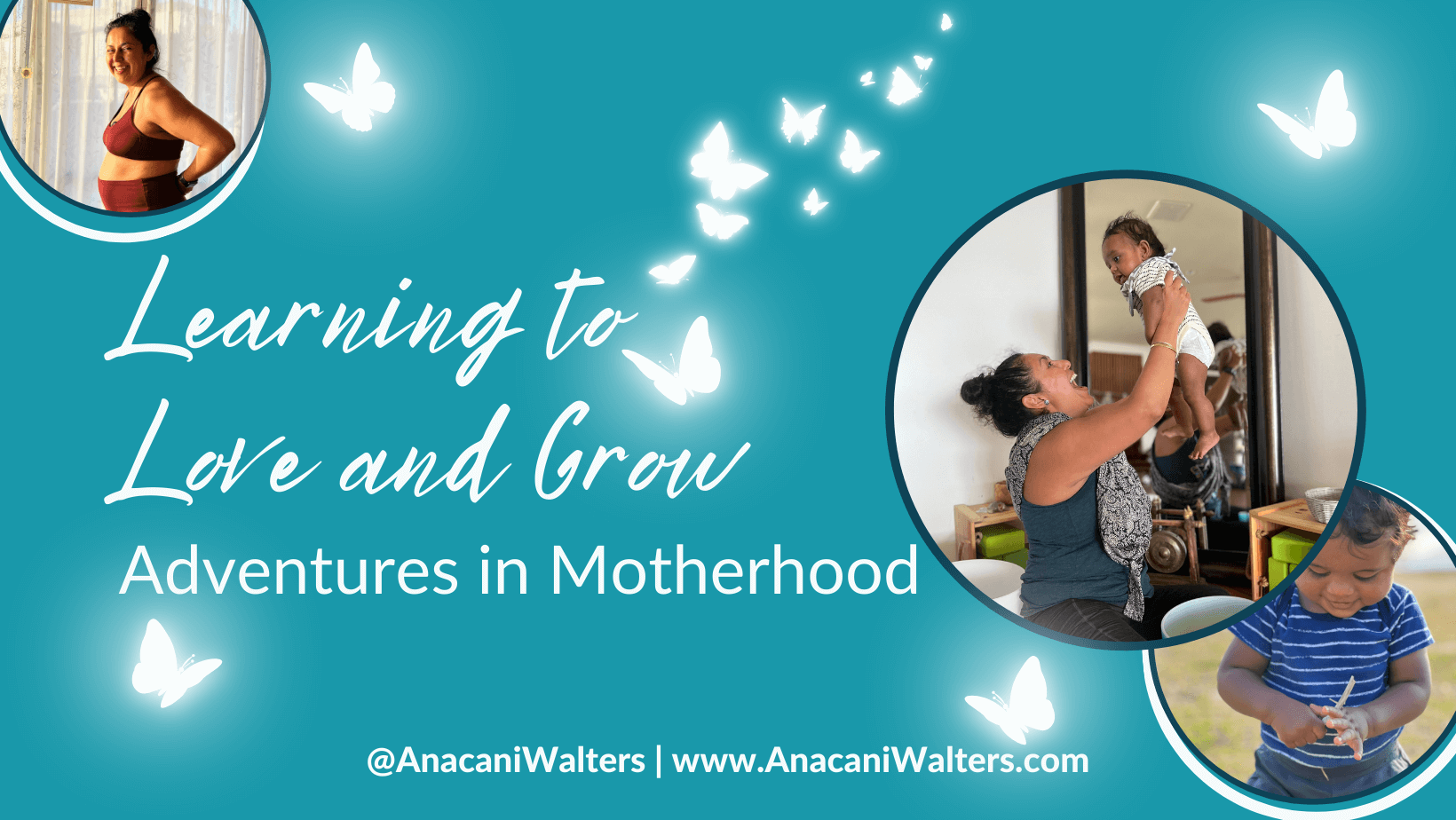
Hey there, beautiful mama-to-be!
First off, let's take a deep breath together. If you're reading this, you might be feeling the weight of anxiety during your pregnancy, and I want you to know that you're not alone. Prenatal anxiety is more common than you might think, especially for us mamas over 35. Together, we'll explore what prenatal anxiety is, how it's diagnosed, and some gentle, loving ways to manage it. Picture us having a cozy chat over a warm cup of tea, diving into this topic with all the care and support you deserve.
NAVIGATING PRENATAL ANXIETY: UNDERSTANDING AND EMBRACING YOUR JOURNEY AS AN OLDER MAMA
Ok beautiful, so let's talk about what prenatal anxiety is, because if you are like me, you may not have know it's a thing or that you are suffering from it but didn't know it was thing. Prenatal anxiety, also known as antenatal anxiety, is the experience of excessive worry, fear, and stress during pregnancy. It can manifest in various ways, from constant worrying about the baby's health to feeling overwhelmed by the impending changes in your life. While a certain level of anxiety is normal during pregnancy, especially with all the hormonal changes and life adjustments, prenatal anxiety becomes a concern when these feelings are persistent and interfere with your daily life.
RECOGNIZING THE SYMPTOMS
Understanding the symptoms is the first step in addressing prenatal anxiety. Here are some signs to look out for:
- Persistent Worry: Constantly worrying about the baby's health, the birthing process, or your abilities as a mother.
- Physical Symptoms: Experiencing symptoms like a racing heart, shortness of breath, dizziness, or stomach issues that are not related to the pregnancy itself.
- Sleep Disturbances: Having trouble falling asleep, staying asleep, or experiencing nightmares about your pregnancy or baby.
- Irritability: Feeling unusually irritable or on edge.
- Difficulty Concentrating: Finding it hard to focus on tasks or feeling overwhelmed by simple decisions.
- Avoidance: Avoiding prenatal care appointments or discussions about the baby due to fear and anxiety.
If you're nodding along to any of these symptoms, it's important to acknowledge them and seek support. Remember, there's no shame in feeling this way BEAUTIFUL, and reaching out for help is a sign of strength.
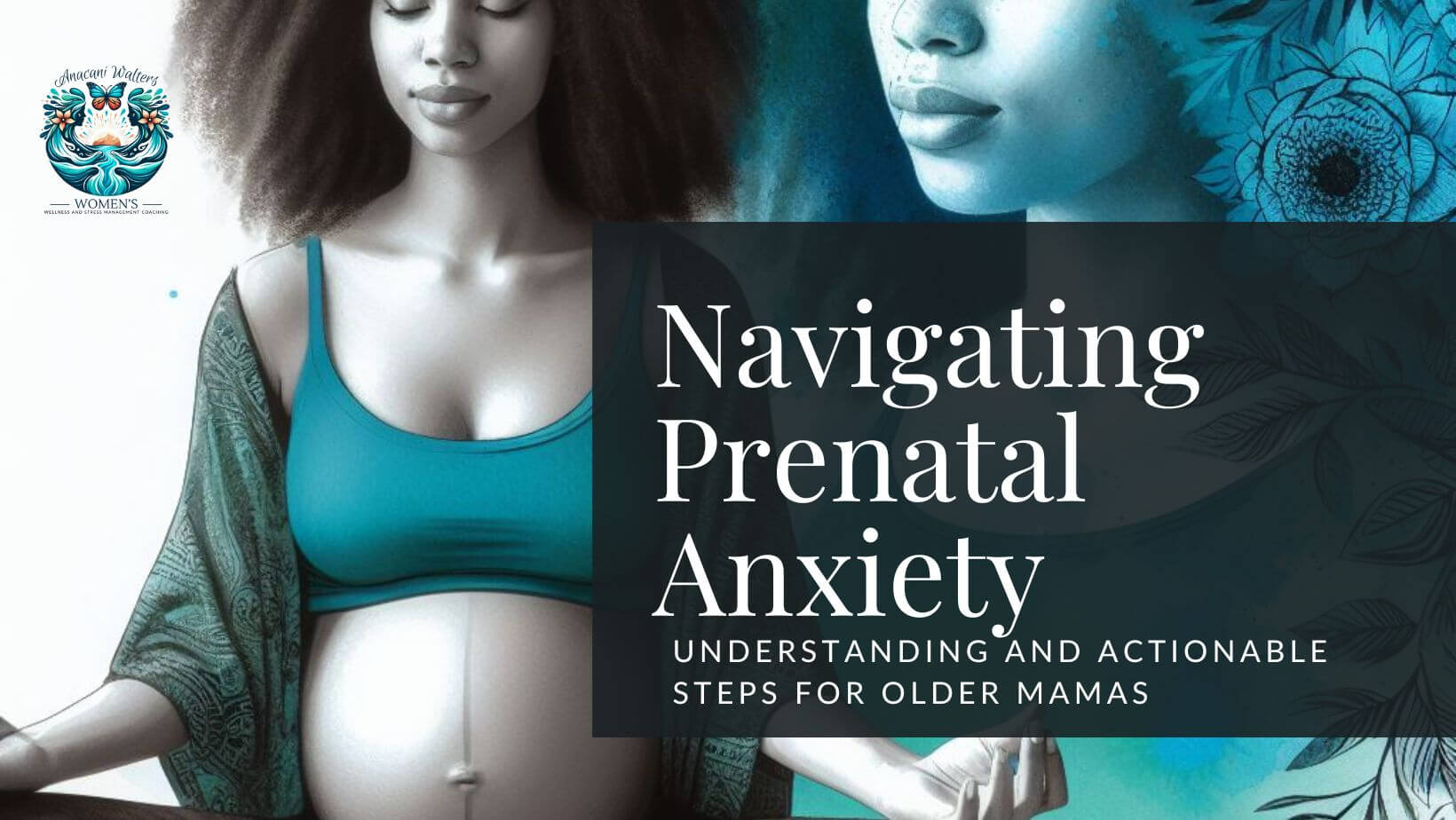 For more inspiration and related topics listen to my podcast here!
For more inspiration and related topics listen to my podcast here!MY PERSONAL EXPERIENCE WITH PRENATAL ANXIETY
I know firsthand how overwhelming prenatal anxiety can be, especially as an "older mama". Let's be honest, the mere fact of being labeled as a "Geriatric Pregnancy" literally made me feel like WTF!!! Geriatric!!!? You make it sound like I'm 80 years old and am old and creepy having a baby. The day I found out I was pregnant via blood test, I was filled with so many questions and fears. I literally had to sit down as the nurse was telling me and I could feel my face changing colors as the shock of the news soaked in. I couldn't even drive home. I went straight to the nearest beach and sat alone in the sand and stared off into the waves crashing on the shore. I worried about my age and the potential risks it could bring. I questioned if it was something I still wanted as it had been almost three years since we had started trying to get pregnant. The constant barrage of "advanced maternal age" statistics didn't help either. But through it all, I learned that acknowledging my anxiety, going back to the basics of my yoga practice and seeking support made a world of difference.
There were days when the anxiety felt all-consuming, and I found myself awake in the middle of the night, my mind racing with worries. What helped me the most was connecting with my breath, practicing mindfulness, and doing daily prenatal yoga to help ground me. I also reached out to other mamas who understood what I was going through, which was the scariest of all because of the fear of judgment. But this my love is all part of the matrescence journey and it is not just ok to have these thoughts but actually very common! It was a very delicate balance of reminding myself that my body was capable and strong while honoring any emotions or feelings that came up and exploring the root of them while still feeling loved and safe.
DIAGNOSIS AND PROFESSIONAL SUPPORT
Diagnosing prenatal anxiety involves a combination of self-awareness and professional assessment. Here are some steps to consider:
- Talk to Your Healthcare Provider: Your OB-GYN or midwife is a great starting point. They can help differentiate between normal pregnancy-related stress and anxiety that requires attention.
- Mental Health Professionals: A therapist or counselor specializing in prenatal and postpartum care can provide a safe space to explore your feelings and develop coping strategies.
- Screening Tools: There are specific screening tools, like the Edinburgh Postnatal Depression Scale (EPDS), that can help identify anxiety and depression during pregnancy. Your healthcare provider can administer these to get a clearer picture of your mental health.
HOLISTIC TREATMENT METHODS
Now that we've identified what prenatal anxiety looks like and how it's diagnosed, let's explore some gentle, holistic ways to manage and soothe your anxiety.
1. Prenatal Yoga and Meditation
As a prenatal yoga instructor, I can't stress enough the benefits of incorporating yoga and meditation into your routine. These practices help you connect with your body, calm your mind, and prepare for childbirth. Prenatal yoga focuses on gentle stretches, breathing exercises, and relaxation techniques that can ease both physical discomfort and mental stress.
- Breathing Techniques: Practice deep, diaphragmatic breathing to reduce anxiety. Inhale deeply through your nose, allowing your belly to rise, then exhale slowly through your mouth.
- Mindful Meditation: Set aside a few minutes each day to sit quietly, focusing on your breath and visualizing a positive, serene birthing experience.
2. Nourishing Your Body
What you eat can significantly impact your mood and energy levels. Aim for a balanced diet rich in whole foods, including plenty of fruits, vegetables, lean proteins, and whole grains. Staying hydrated is also crucial for maintaining your overall well-being.
- Omega-3 Fatty Acids: Found in fish, flaxseeds, and walnuts, these can help support brain health and mood regulation.
- Avoid Caffeine and Sugar: These can contribute to anxiety and mood swings. Opt for herbal teas and natural sweeteners instead.
3. Creating a Support System
Surround yourself with a network of supportive friends, family, and professionals. Sharing your feelings with someone who understands can be incredibly comforting.
- Join a Prenatal Support Group: Connecting with other expectant mothers can help you feel less isolated and more understood.
- Lean on Your Partner: Communicate openly with your partner about your fears and anxieties. Their support can be a tremendous source of comfort.
4. Embracing Self-Care Rituals
Take time each day to do something that brings you joy and relaxation. This could be a warm bath, reading a favorite book, or simply spending time in nature.
- Journaling: Write down your thoughts and feelings. This can be a therapeutic way to process your emotions and gain perspective.
- Gentle Exercise: Even a short walk can boost your mood and energy levels. Listen to your body and move in a way that feels good for you.
5. Mindfulness and Affirmations
Incorporate mindfulness practices and positive affirmations into your daily routine. This can help shift your focus from worry to gratitude and optimism.
- Positive Affirmations: Repeat affirmations like "I am strong and capable," "I trust my body and my baby," and "I am surrounded by love and support."
- Mindfulness Practices: Engage in activities that keep you present, like coloring, knitting, or simply watching the sunset.
6. Natural Remedies
Some natural remedies can complement your holistic approach to managing anxiety. Always consult with your healthcare provider before trying new supplements or remedies.
- Herbal Teas: Chamomile, lavender, and lemon balm teas are known for their calming effects.
- Aromatherapy: Essential oils like lavender, frankincense, and ylang-ylang can promote relaxation when used in a diffuser or as part of a massage oil.
7. Professional Counseling
Sometimes, talking to a professional can provide deeper insights and coping mechanisms. Sometimes, incorporating specific yoga therapy can provide deeper insights and coping mechanisms. I found tremendous support in yoga therapy with Tabitha from Mindfulness in Motion Hawaii. Her approach to integrating yoga with mindfulness practices helped me reframe negative thought patterns and find peace amidst the chaos.
EMBRACING YOUR JOURNEY
Finally, my dear friend, I want you to remember that this journey is uniquely yours. Every emotion, every high and low, is part of the beautiful tapestry of motherhood. Prenatal anxiety does not define you; it is simply a part of your story. Embrace it with kindness and compassion, knowing that you are doing an incredible job nurturing new life.
Surround yourself with love, seek support when needed, and trust in your inner strength. You are powerful, you are capable, and you are never alone on this journey.
With all my heart, I'm here with you, cheering you on every step of the way.
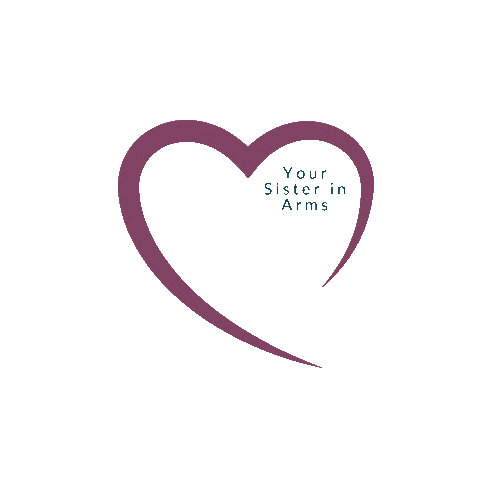
Anacani Walters
There's more where this came from--are you in the CLUB?

PAUSE FOR A MOMENT OF SELF-CARE AND LETS CONNECT! SIGN UP FOR MY NEWSLETTER TO TAP INTO A WORLD WHERE WELLNESS MEETS WISDOM. STOP WHAT YOU'RE DOING RIGHT NOW AND GO SIGN UP FOR MY NEWSLETTER BECAUSE YOU DON'T WANT TO MISS OUT ON THE VALUABLE CONTENT AND COMMUNITY WAITING FOR YOU IN MY PRIVATE MEMBER AREA.
It's a treasure trove of insights into nature's remedies and self-love practices during womanhood. You're not alone on this journey; a community of fellow mothers awaits to share their stories and support. Embrace this opportunity to enrich your wellness routine and join a circle of friends who understand.
Come join the conversation!
Don't wait any longer—click the button below and join the conversation!
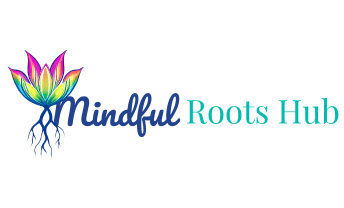

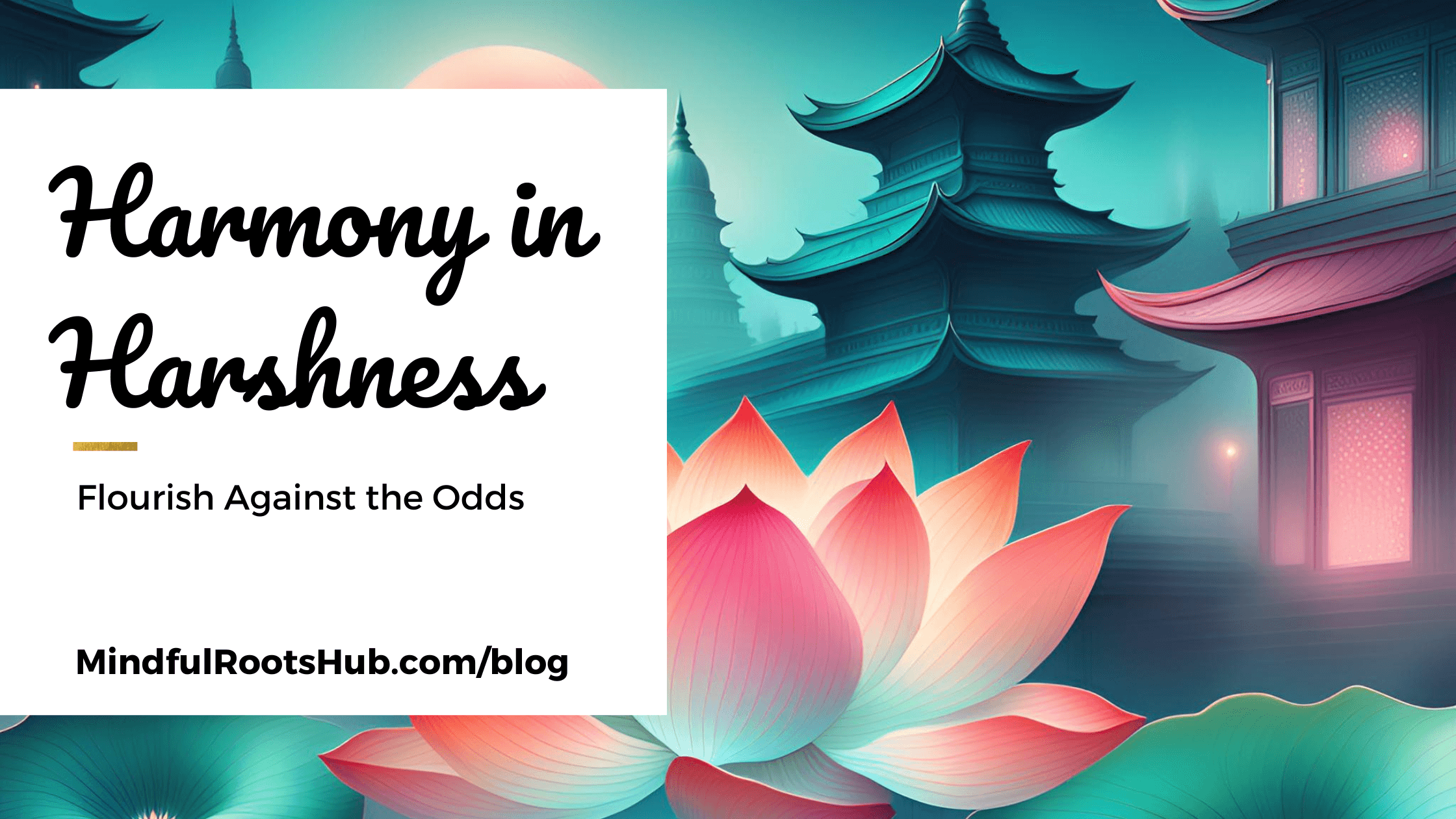








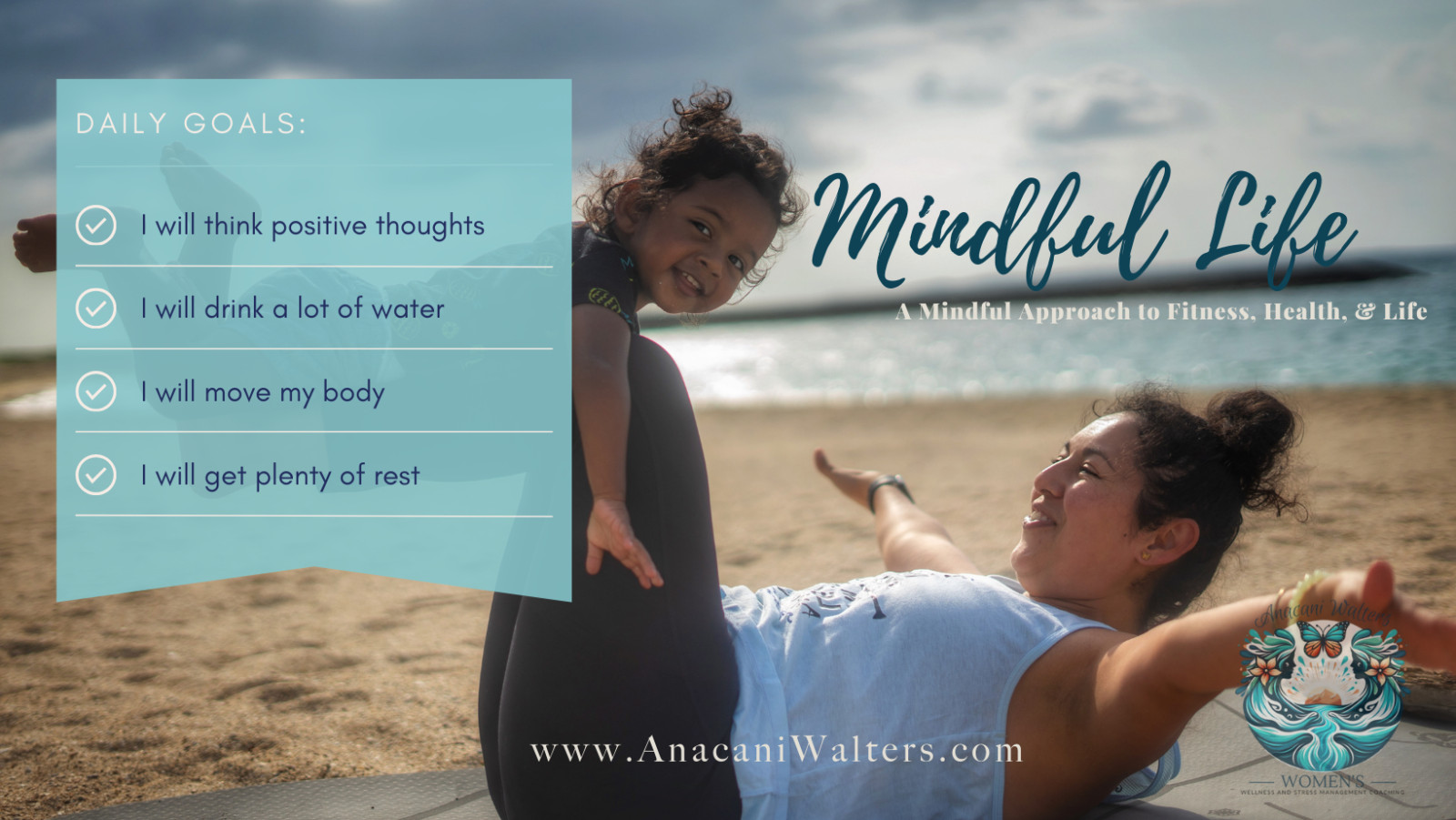


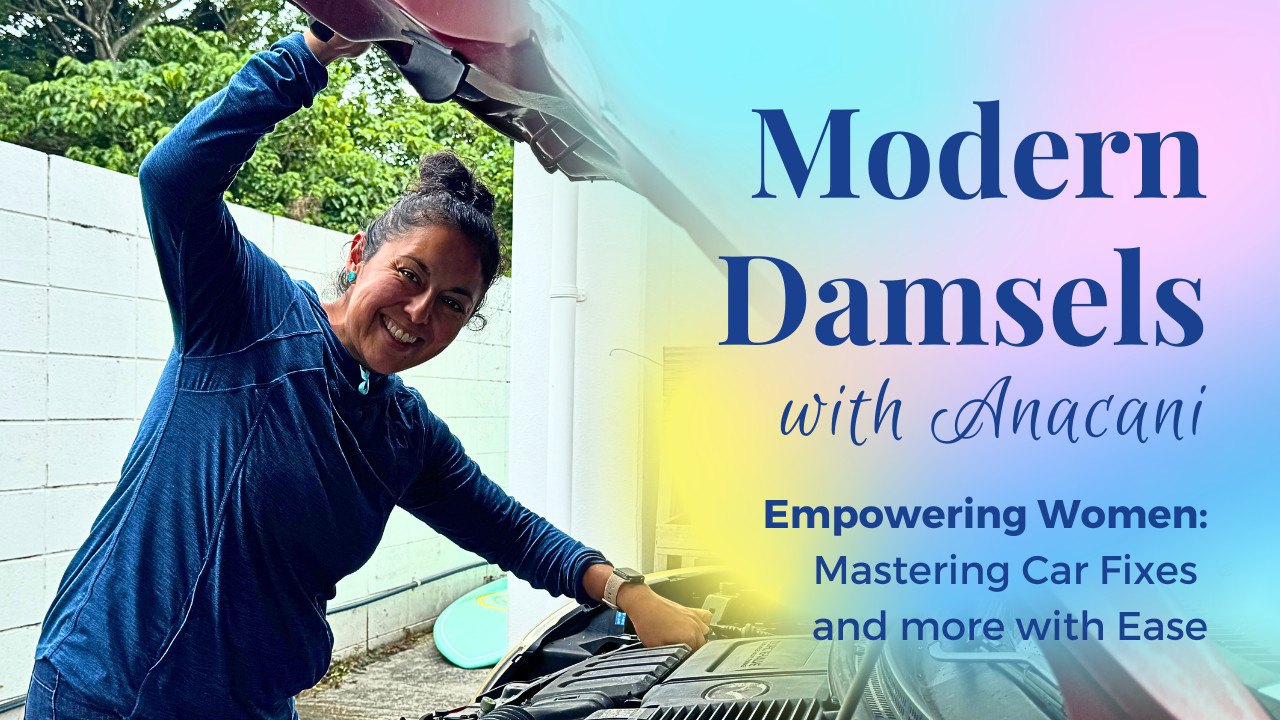
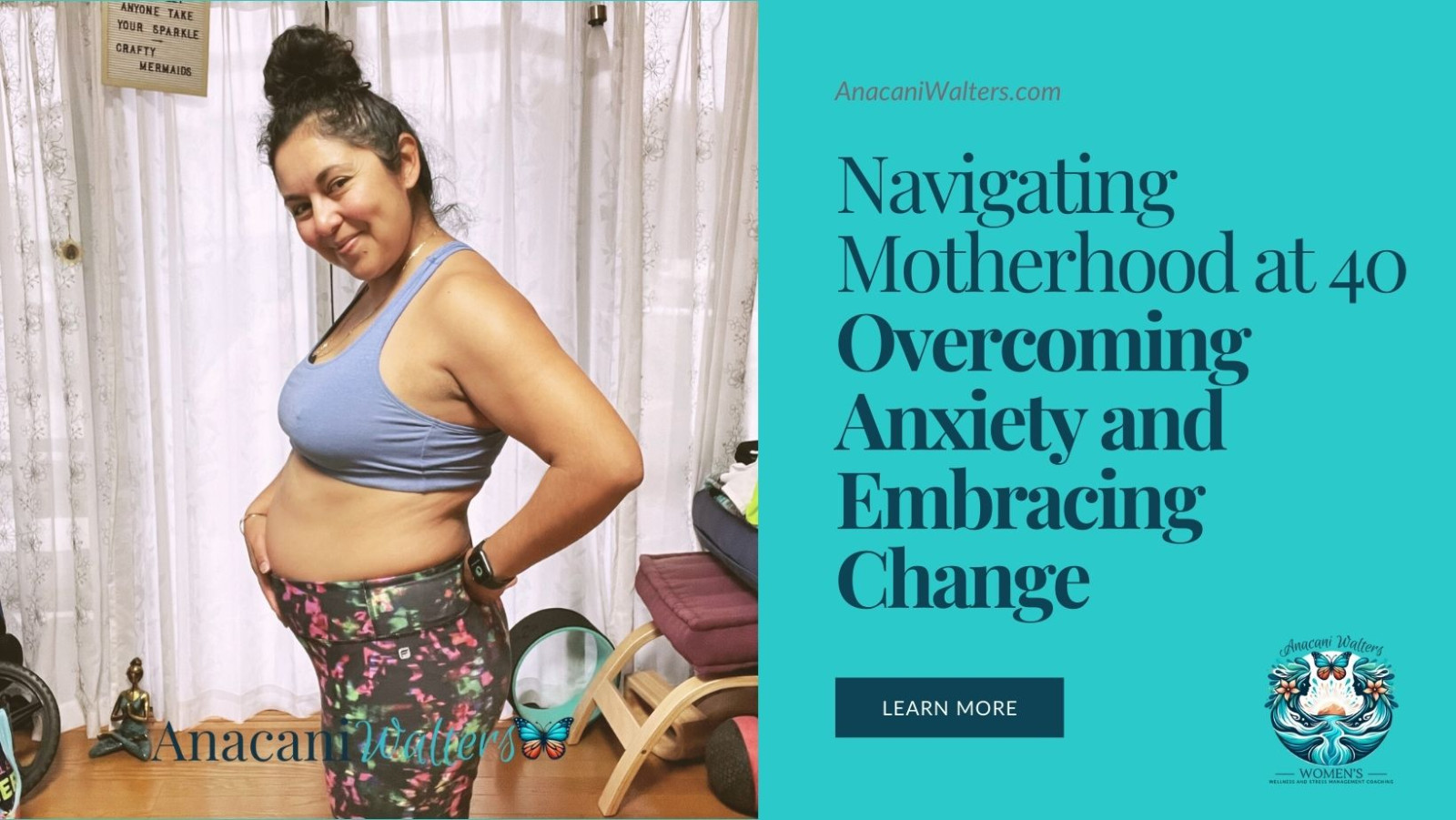
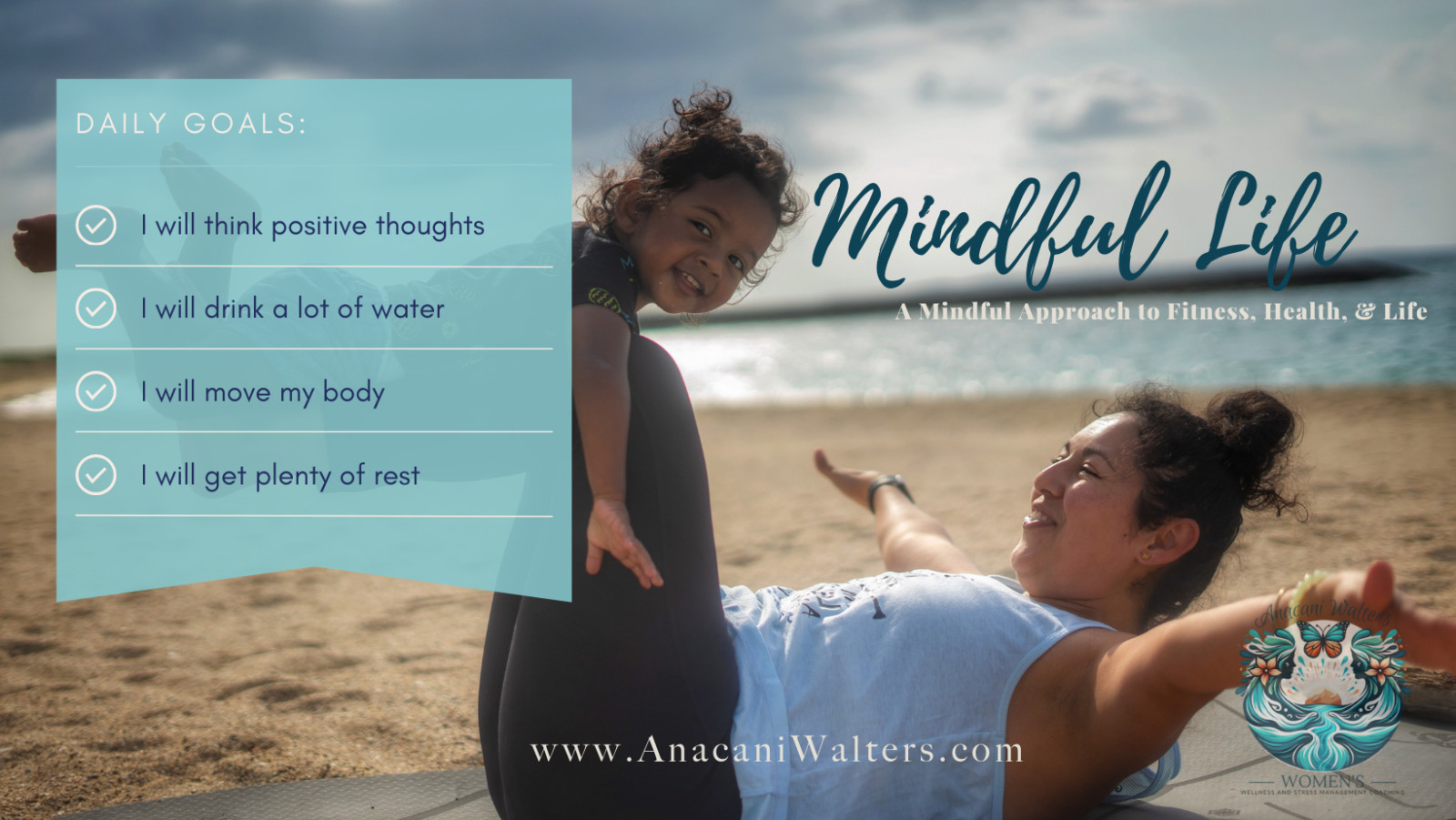

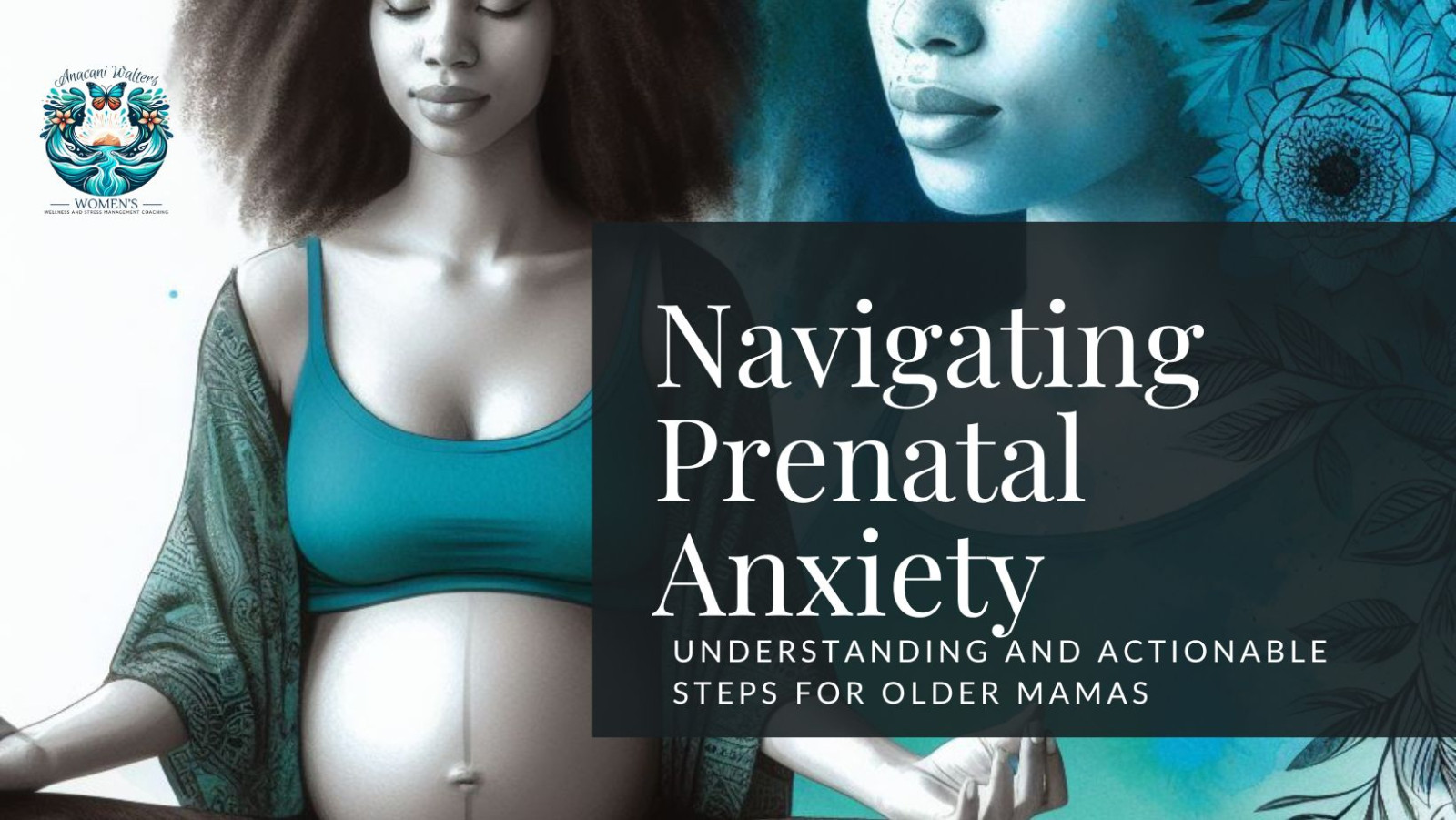
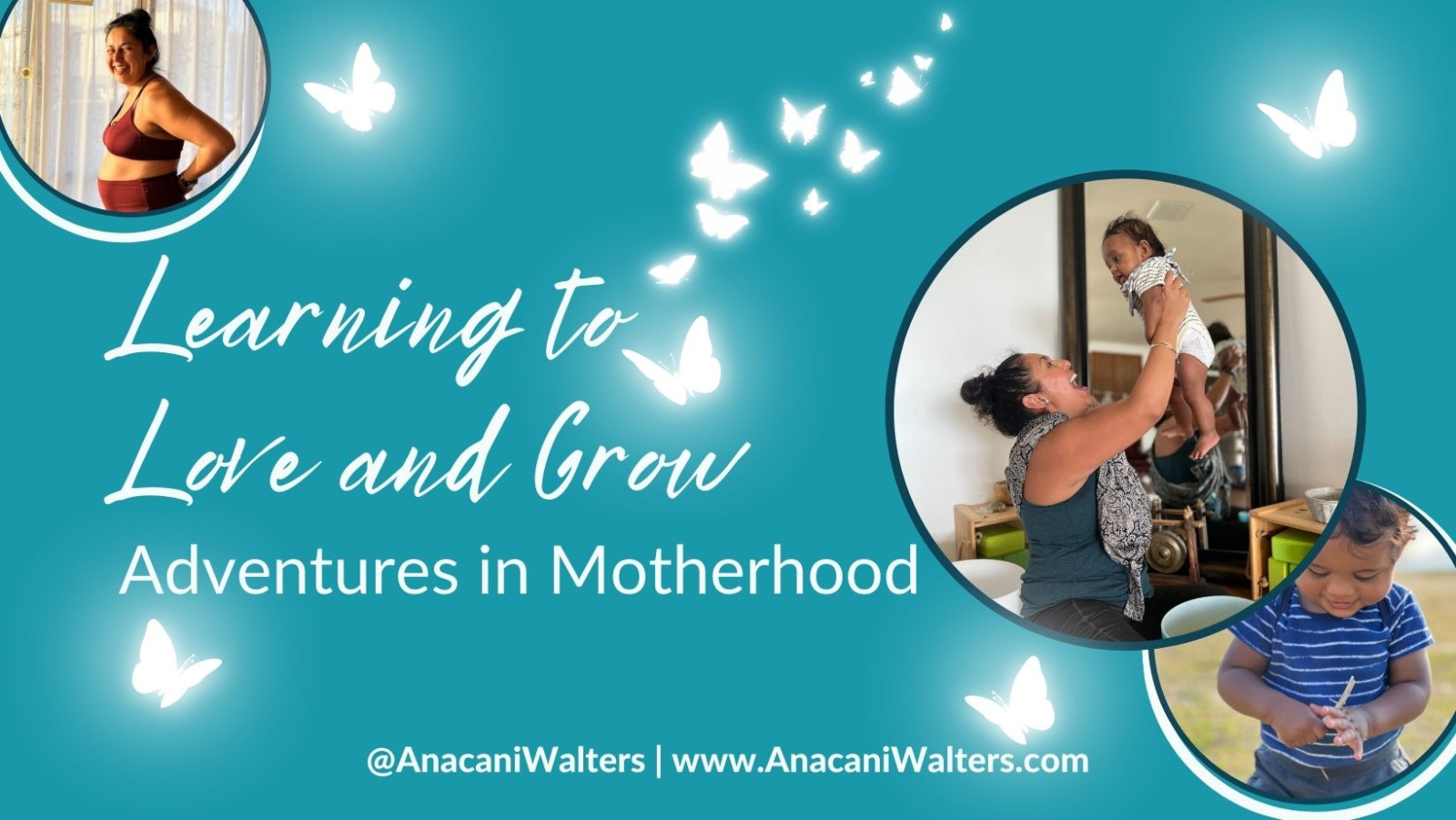
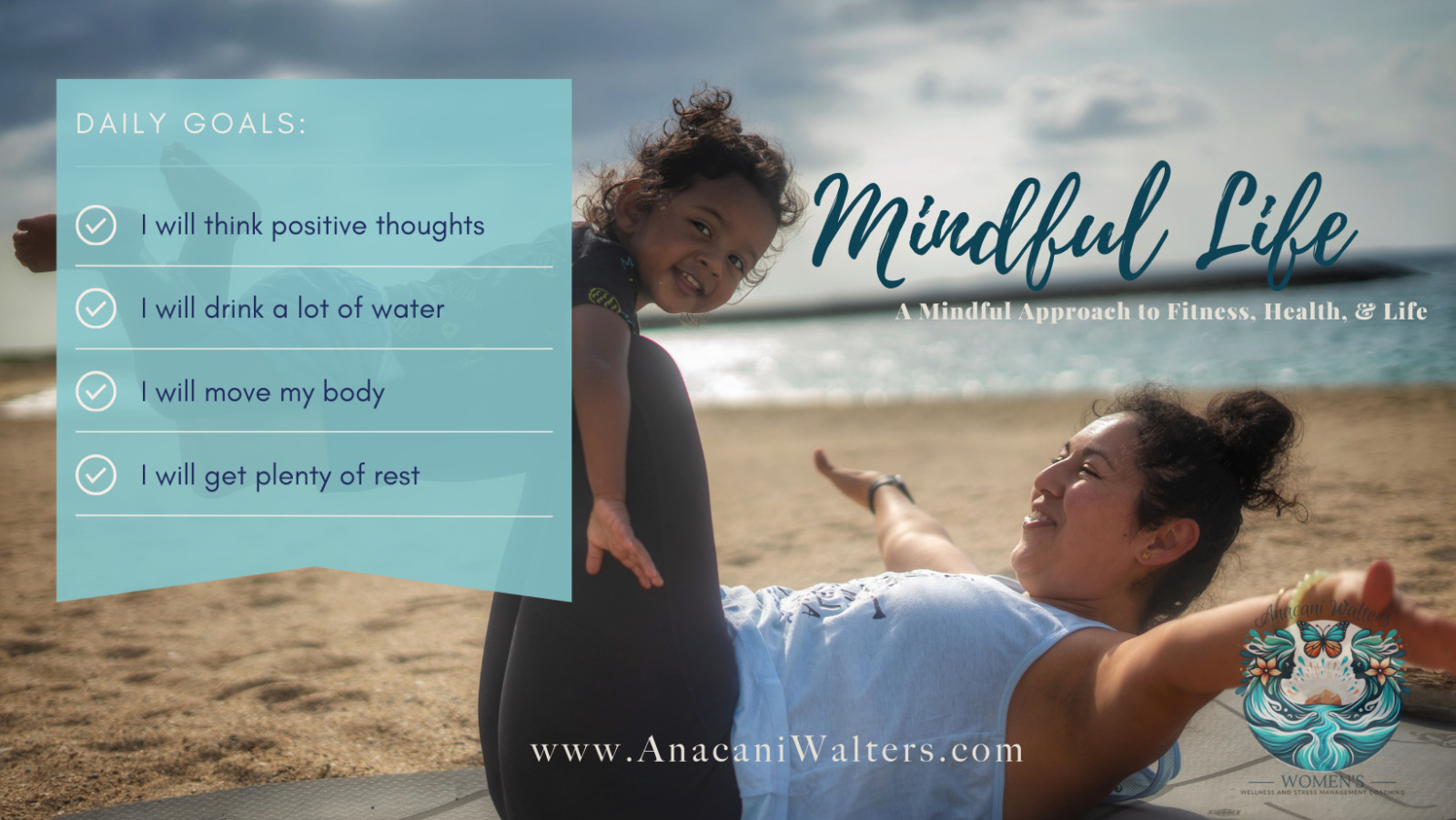
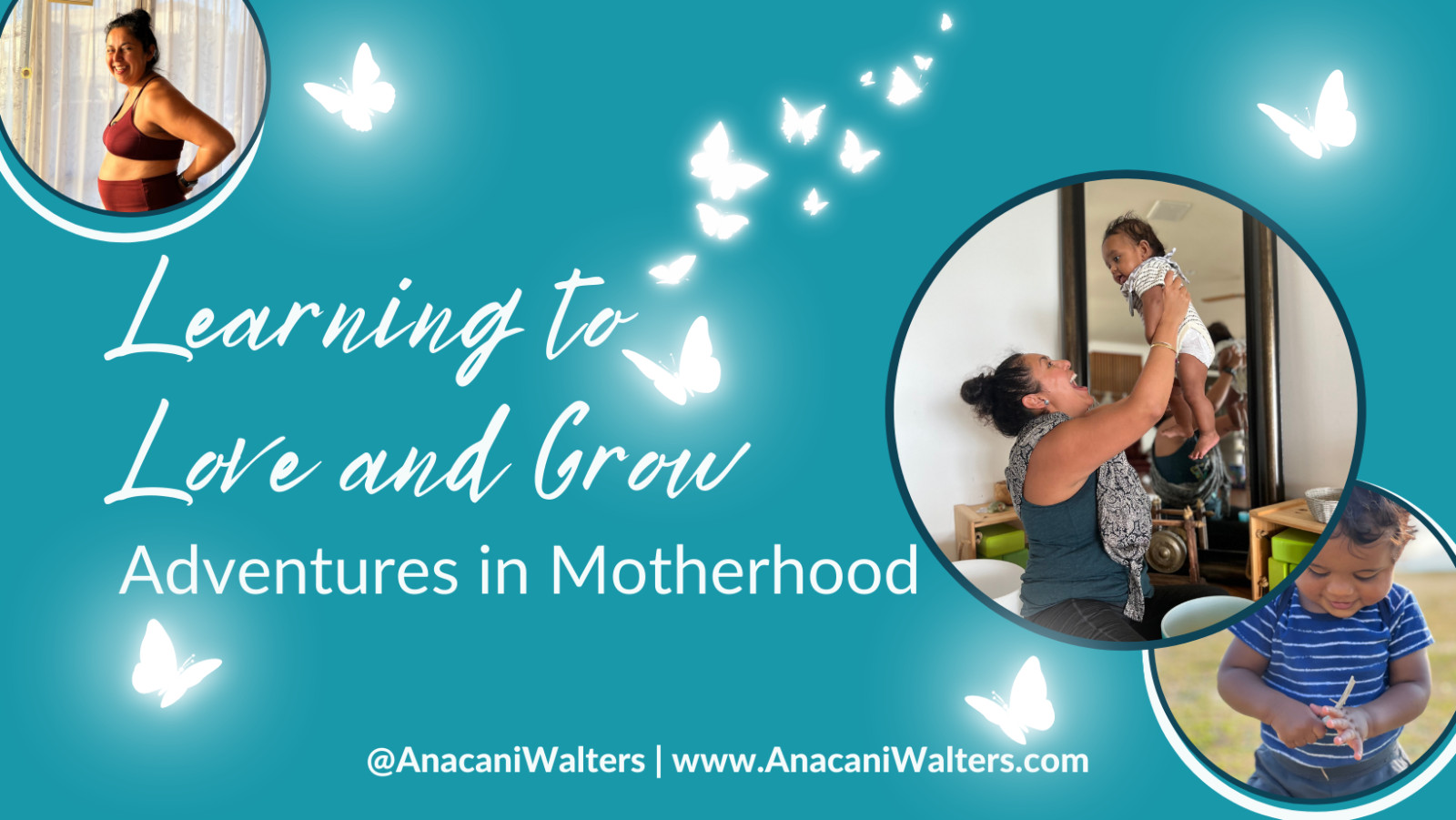
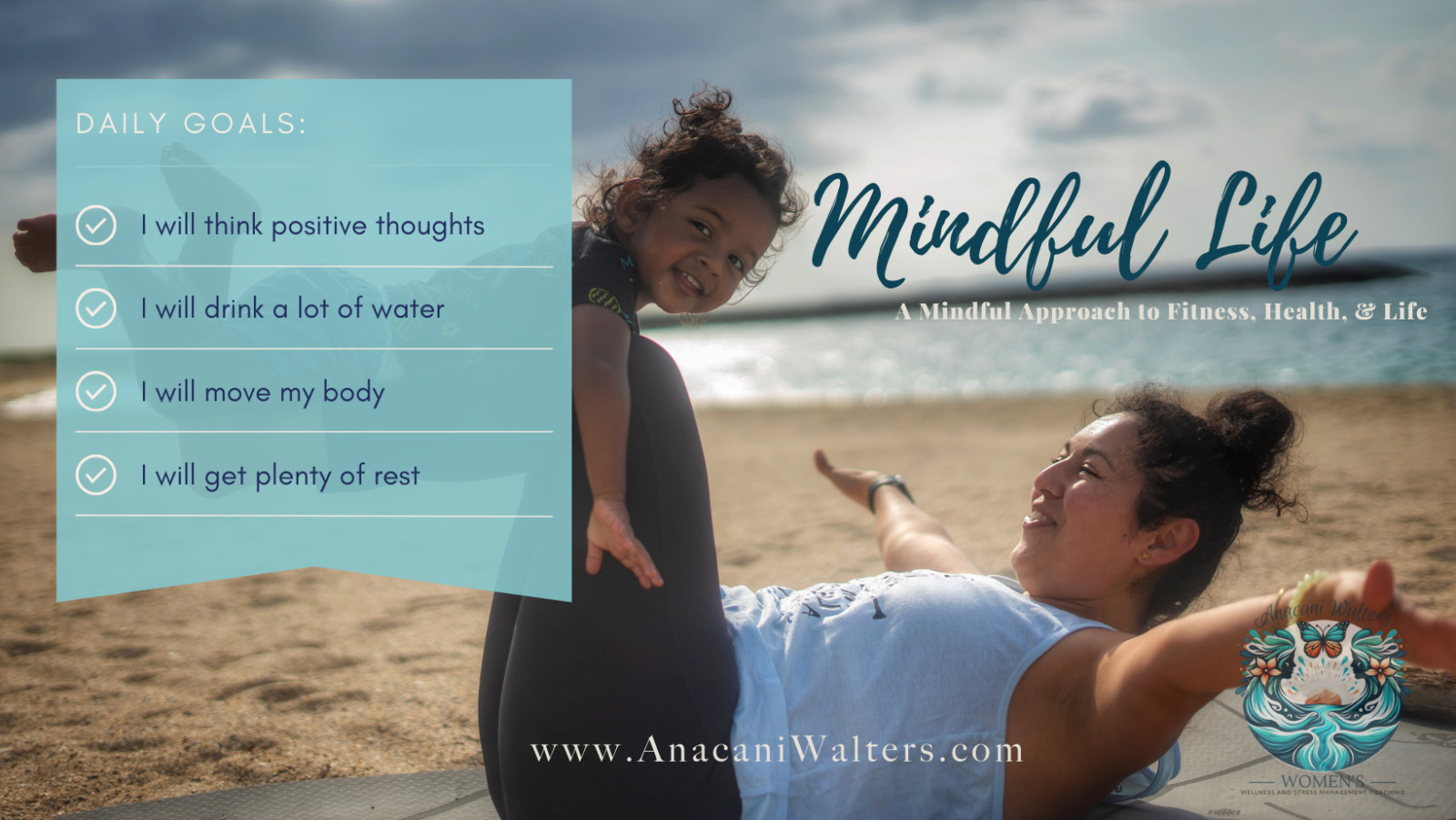


0 Comments